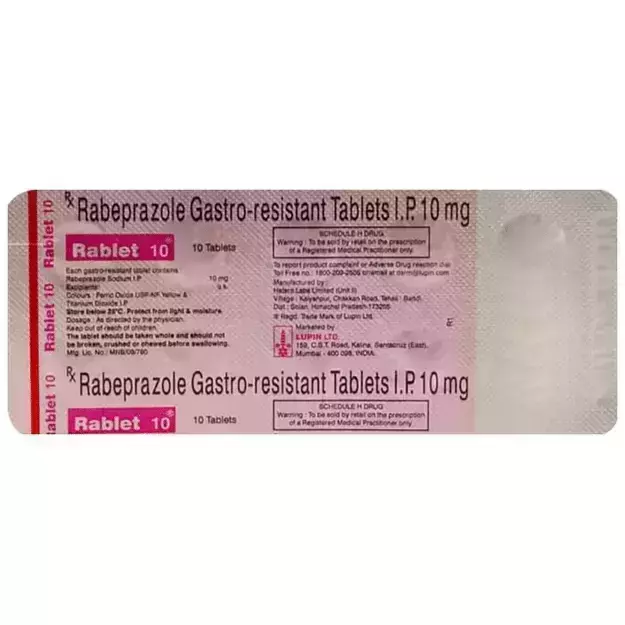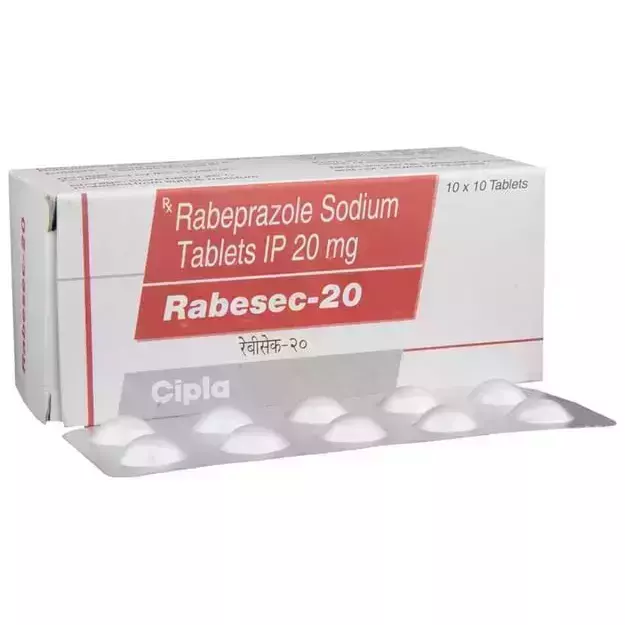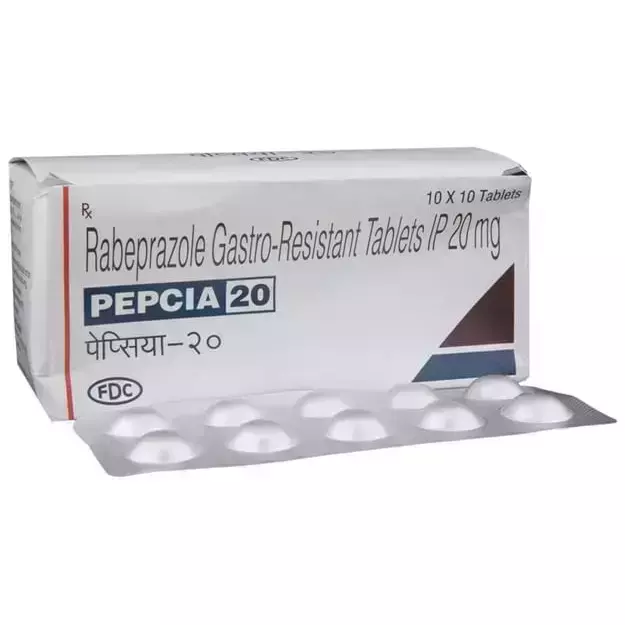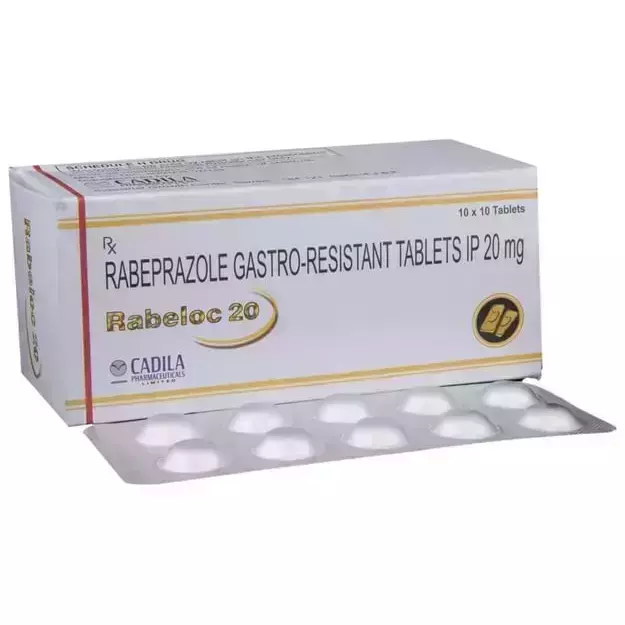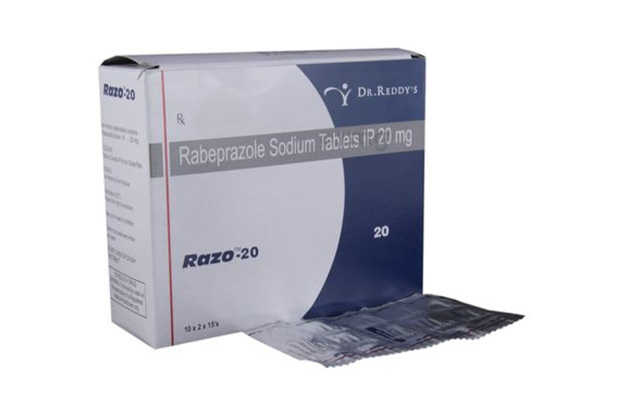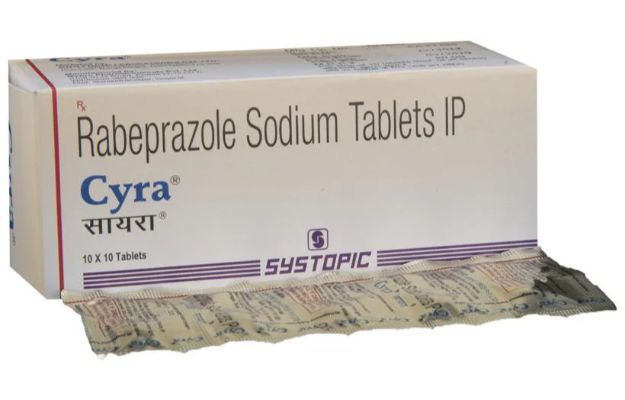Ripra 10 Tablet is a prescription medicine that is available as a Tablet. It is primarily used for the treatment of Acidity. Secondary and off-label uses of Ripra 10 Tablet have also been mentioned below.
The correct dosage of Ripra 10 Tablet depends on the patient's age, gender, and medical history. The condition it has been prescribed for, and the route of administration also determine the right dosage. For detailed information on this, read through the dosage section.
The most common side effects of Ripra 10 Tablet are Diarrhoea. Apart from the aforementioned side effects, Ripra 10 Tablet can also lead to other problems, which have been listed below. Normally, these side effects of Ripra 10 Tablet are not long lasting and go away when the treatment is finished. Consult your doctor if these side effects become worse or stay for a longer duration.
In addition, Ripra 10 Tablet's effect is Safe during pregnancy and Moderate for lactating mothers. It is important to know if Ripra 10 Tablet has any effect on the kidney, liver and heart. Information on such adverse effects, if any, has been given in the Ripra 10 Tablet related warnings section.
Individuals suffering from medical conditions like Diarrhea (Loose Motions) must refrain from the use of Ripra 10 Tablet since this can cause severe adverse effects. Other conditions have been mentioned below in the Ripra 10 Tablet contraindications section.
Drug interactions for Ripra 10 Tablet have been reported in the medical literature. A complete list of these interactions is given below.
Along with the above-mentioned precautions, remember that taking Ripra 10 Tablet is considered not safe while driving, and is not addictive.
X

